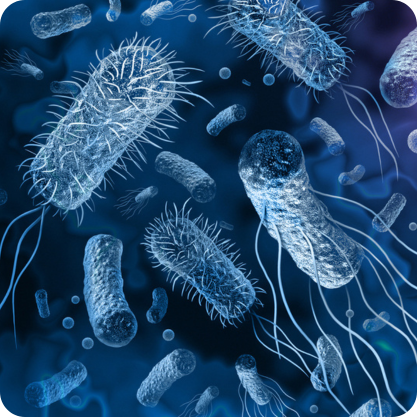IN THIS EPISODE
In this episode, Dr. Robert Livingston shares his journey from being a rural dairy cattle veterinarian to his current role in diagnostics and infectious diseases at IDEXX BioAnalytics. He discusses his career path, which includes working with research monkeys during veterinary school, pursuing a PhD, and his passion for science and diagnostics.
Dr. Livingston explains the importance of animal health monitoring in research, focusing on detecting pathogens that can negatively impact the validity of research data. He highlights the evolution of diagnostic techniques, including the use of PCR testing and environmental health monitoring, which have improved the accuracy of detecting infectious agents without using sentinel animals.
He also discusses the role of veterinarians in both caring for research animals and conducting research themselves. Dr. Livingston emphasizes the significance of mentors in his career and the support he received from his family and community.
The conversation touches on the advancements in animal health monitoring, the impact of AI in diagnostics, and the importance of reducing the use of animals in research while ensuring accurate and reliable data.
ABOUT DR. BOB LIVINGSTON
Dr. Robert (Bob) Livingston is a distinguished veterinary scientist with a PhD and a Diplomate of the American College of Laboratory Animal Medicine. He currently serves as the Director of Research & Development and Scientific Affairs at IDEXX BioAnalytics. Dr. Livingston began his career as a dairy cattle veterinarian, which laid the foundation for his extensive expertise in diagnostics and infectious diseases.
Throughout his career, Dr. Livingston has focused on the health monitoring of research animal colonies, ensuring they are free from infectious diseases such as viruses, bacteria, and parasites. His work has been pivotal in maintaining the integrity of research data and advancing both human and animal medicine.
Dr. Livingston's journey into laboratory animal medicine was inspired by his early experiences in veterinary school, where he worked with research monkeys and observed the critical role veterinarians play in research settings. He is known for his contributions to the evolution of diagnostic techniques, including PCR testing and environmental health monitoring. Dr. Livingston is also recognized for his leadership and mentorship within the scientific community, having worked with numerous talented individuals throughout his career.
In addition to his professional achievements, Dr. Livingston is a dedicated family man, recently becoming a grandfather. He is passionate about continuous learning and personal growth, exemplified by his ongoing efforts to master the guitar.

